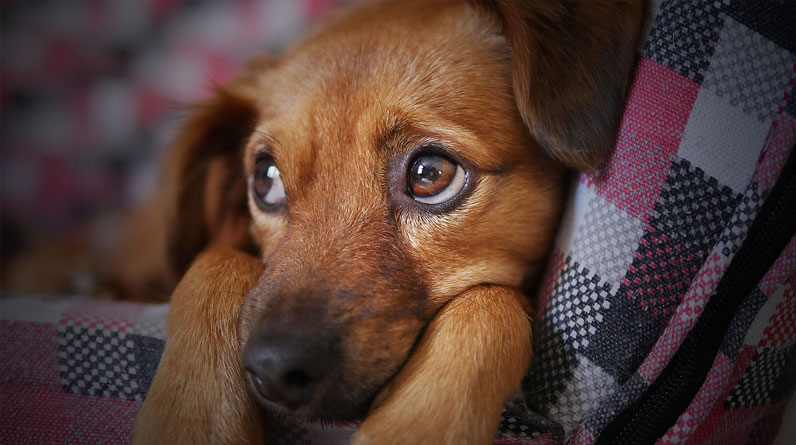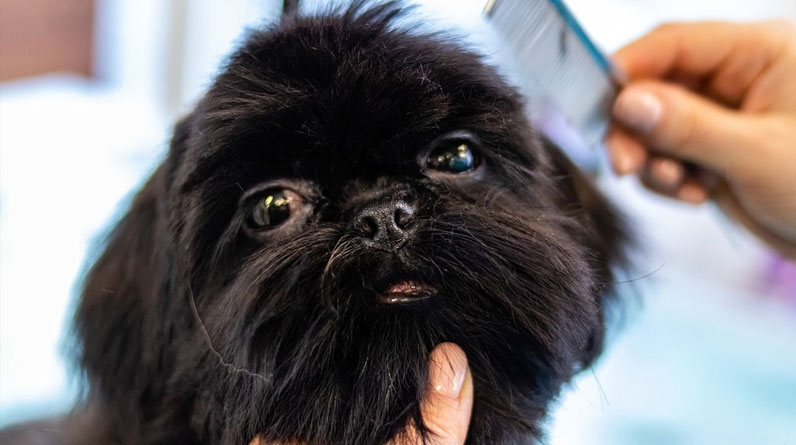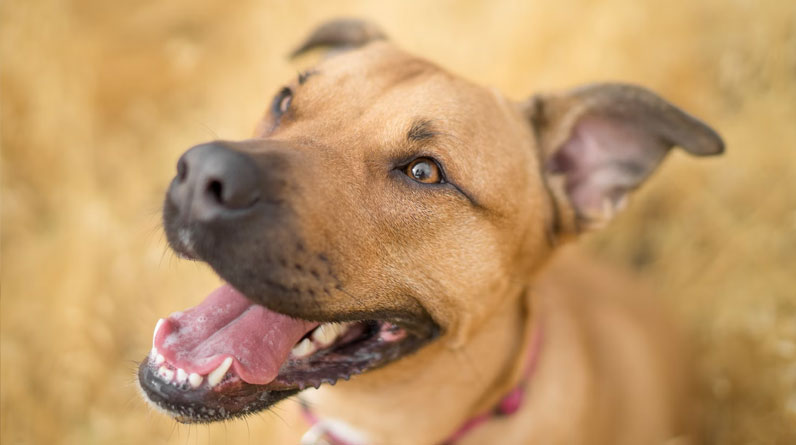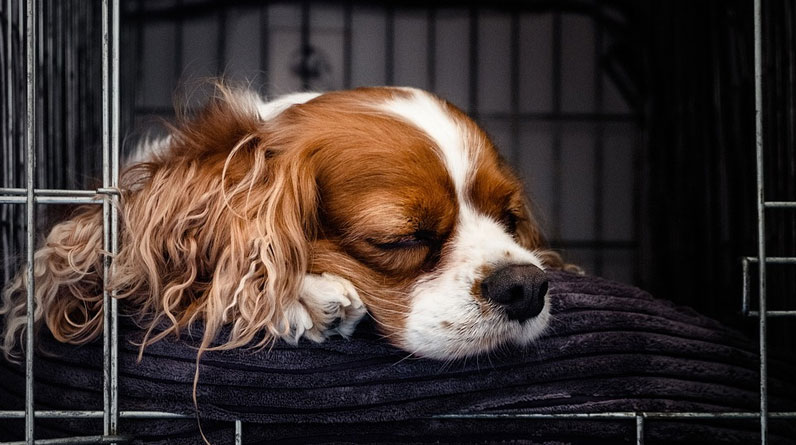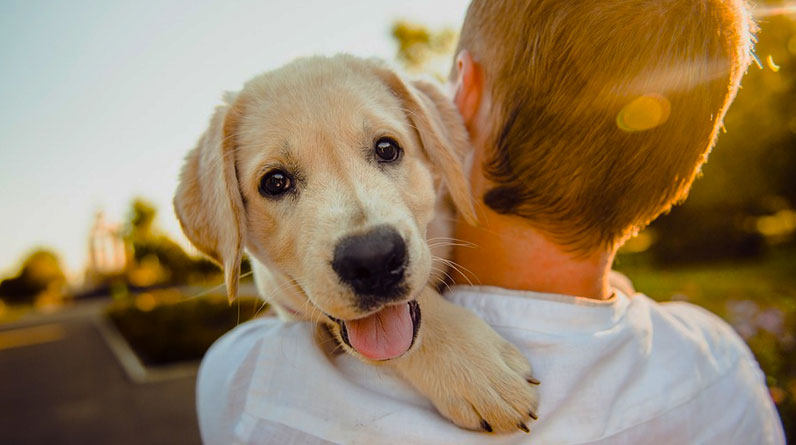
Caring for Your New Puppy
Congratulations on your new puppy! Bringing a new pet into the family is always a special occasion. Although puppies are adorable, they also require a lot of care and attention. This guide will provide you with some tips on how to take care of your new furry friend.
The first few weeks with a new puppy are very important, as they are getting used to their new home and family. During this time, it is important to be very patient and consistent with your training. It is also important to make sure your puppy has a safe space to explore and plenty of toys to play with.
Puppies need plenty of exercise, so make sure to take them on walks or play with them in the yard. Be sure to also provide them with food and water, as well as a place to go to the bathroom. Puppy pads are a great option for those who live in an apartment or don’t have a lot of space to let their puppy outside.
Grooming is also important for puppies. Regular brushing will help keep their coat healthy and free of mats. Puppies also need to be bathed occasionally, and their nails trimmed.
It is important to seek veterinary care for your puppy as soon as possible. They will need to be vaccinated and dewormed, and may also need to be treated for fleas and ticks.
What You’re Going to Need
Your new puppy is a living, breathing creature that requires plenty of care and attention during their first few months of life. But before you can start caring for your puppy, you need to make sure they have all the necessary supplies and equipment they need to live a happy and healthy life.
Here are some of the supplies you’ll need for a brand-new puppy:
- A Place to Sleep – Puppies need their own bed or blanket to sleep on — and preferably one that is not your couch or bed! Choose a puppy bed that is soft and easy to clean.
- A Place to Eat – Your puppy should also have their own bowl to eat out of. This can be a stainless-steel bowl that can be easily cleaned and disinfected. Make sure the bowl is not too deep. This is important because puppies have an instinct to tip their bowl while eating. A shallow bowl will prevent your puppy from eating too quickly. That can lead to bloating and other health issues.
- Collars and Leashes – Your puppy will obviously need a collar and leash before going outside. Make sure you buy a collar that is wide enough for your puppy to grow into, but not so wide that it could get caught on something and cause an issue. There are many different kinds of collars to choose from. We recommend a breakaway collar so if your puppy ever gets caught on something, it will break away safely. A harness is also a great option for a new puppy. This can help prevent your puppy from pulling on the leash and hurting their neck
- A Crate – Crates are an excellent way to help your new puppy get used to being in a smaller space. You can either place the crate in a room in your house or in the car. It is best to start crate training while your puppy is still at the shelter or with their previous owner. If you have an adult dog, you can try using a crate as a way to keep them safe if they are injured.
- A Water Bowl – Puppies need plenty of water to stay hydrated. Choose a bowl that is easy to clean and easy for your puppy to drink out of. A puppy’s mouth is smaller than an adult dog’s mouth, so the bowl can be smaller, too.
- Toys and Chew Toys – Puppies love to play and chew! Choose toys that are appropriate for your puppy’s age. Avoid toys that could be swallowed or cause your puppy to break a tooth. Avoid toys that have small pieces that could be easily swallowed.
- Grooming Supplies – Even if you choose a puppy that does not require grooming, it is important to start grooming your puppy as soon as they come home. This will help them get used to the process and will make future grooming much easier. Choose grooming supplies that are appropriate for your puppy’s age.
- Health Products – One of the most important things to remember when caring for a brand-new puppy is keeping their health in check. Choose products that will help keep your puppy healthy and strong.
Improving Dog Behavior and Care
There is no one approach to dog training that will work for every dog and every situation. However, there are a few basic tips that can help you to train your dog and to improve their behavior.
Start with basic obedience commands such as sit, stay, come, and down. These are essential commands that every dog should know. As your dog masters these commands, you can start to teach them more complicated behaviors.
It is important to be consistent with your commands and to always reward your dog for good behavior. If your dog knows that they will be rewarded for doing something correctly, they are more likely to obey your commands. Positive reinforcement is the key to successful dog training.
In addition to training your dog, it is also important to provide them with adequate exercise and attention. A bored dog is often a behavior problem dog. Make sure your dog has plenty of toys to play with and take them for walks and playtime in the park.
If you are having difficulty with your dog’s behavior, it is best to consult a professional dog trainer. A good trainer can help you to correct any unwanted behaviors and can also provide you with advice on how to properly care for your dog.
Conclusion
Puppy owners should always be sure to provide their new pet with the best possible care in order to ensure a long and healthy life. There are many things to take into account when caring for a puppy, such as proper nutrition, vaccinations, and training. By following these simple guidelines, puppy owners can help their new pet thrive.

